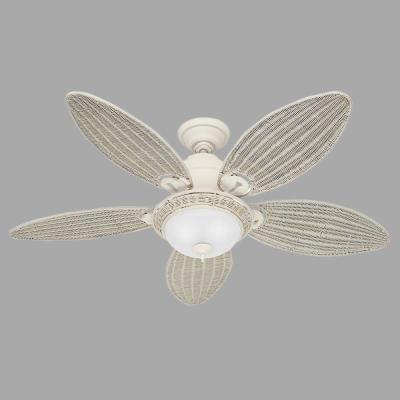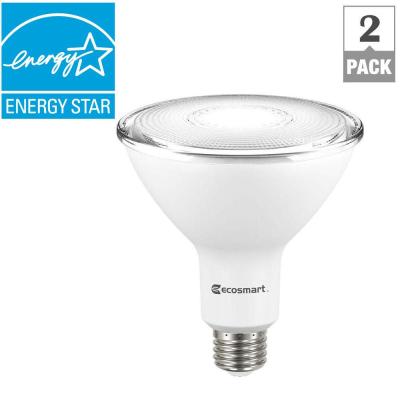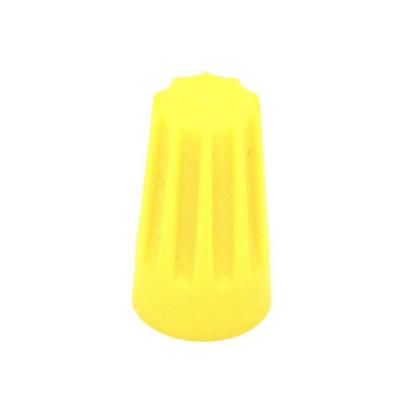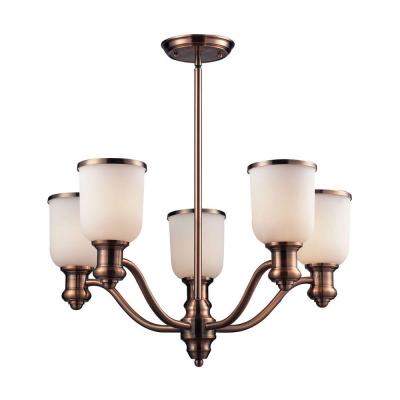Security lighting is a great way to protect your home from intruders at night—but only when it’s working properly! Malfunctioning security lights may stay on longer than they’re supposed to, not turn on when they should turn on, or face a number of other problems that prevent them from working effectively. The following is a guide to troubleshooting security lights for some of the most common issues people face. Here’s what to do if you have the same problems!
Motion sensor lights are designed to come on when they detect movement and shut off after a few minutes when everything stops. But sometimes, motion stops and the lights stay on—usually as a result of a spike in current.
The first step in troubleshooting security lights with motion sensors that won’t shut off is to check if the time interval has been changed. Most motion sensors allow you to set a length of time for the light to stay on, usually anywhere between 30 seconds to 10 minutes. If the interval has been changed and the lights are staying on for too long, change it back to the time you want.
If that doesn’t work, go outside during the day and see if there’s anything in range of the motion detector that might be constantly moving, like a flag or even an animal nest (you might even look outside at night and see if you can see anything). If you don’t see anything, try shutting the lights off at the breaker, then restarting them.
Lights that won’t shut off are bad enough, but what about lights that won’t turn on? One common reason this happens is that artificial light is coming in from another source and is mimicking daylight, preventing the sensor from activating properly. Try to find where the light is coming from, and cover or change the direction of the sensor to avoid the light.
The underlying issue behind constantly flickering lights may vary depending on a number of factors, including whether the problem is only occurring with a single bulb or more than one at a time. If it’s only a single bulb, carefully check it to see if it’s secure in its fitting. If it is, try replacing it with a new bulb. If that doesn’t work, call an electrician for a security light repair.
This one isn’t as common as the others on our list, but in the past we’ve had customers whose security lights have been faulty when the weather was damp, rainy, or snowy. This is usually the result of low quality motion sensors, which can be temperamental in very hot or very cold weather. The certified, DC-area electricians at Kolb Electric recommend spending a little more upfront to get a quality product that you’ll be able to rely on for years with little need for security light repair.



